
The new gay sex
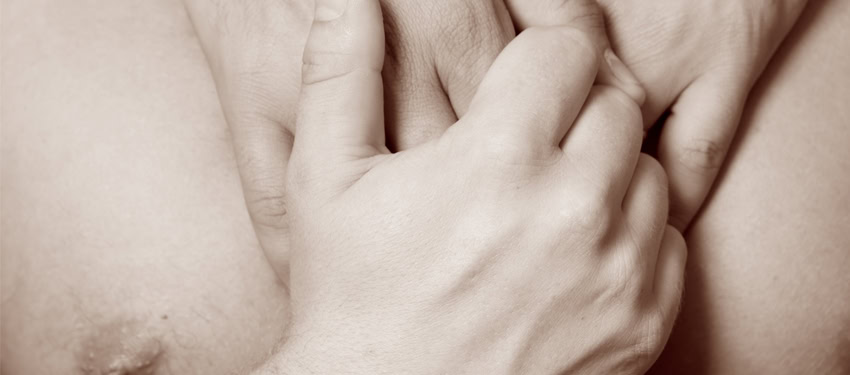
WITH half an hour still to go before the forum would officially begin, out in the audience the conversation about Pre Exposure Prophylaxis for HIV — PrEP — was already in full swing.
Although only a handful of gay men in Australia had begun taking PrEP in the very early stages of clinical studies, at this public forum on the topic held during the recent International AIDS Conference in Melbourne, or AIDS 2014, the implications were keenly felt.
One guy was concerned he’d seen other guys “advertising” being on PrEP while looking for bareback sex on Grindr. A few people discussed rumours of awful side-effects experienced by the studies’ participants.
Despite these omens the forum proved remarkably measured, more academic than community. Whichever audience members had worried PrEP was a sign of the end times stayed silent, ceding the floor to public health experts calling for a rational, measured conversation.
For a community that for over 30 years has learned to conflate sex and death, for whom a thin sheet of latex has become a potent symbol for that divide, many believe PrEP has the capacity to change everything.
The concept is simple: a person takes a daily dose of the same antiretroviral medication used by many people living with HIV to drastically reduce their risk of contracting the virus.
In the most recent large clinical study, even participants only taking the medication two to three times a week were at 84 per cent reduced risk of contracting HIV, while there were no infections in participants taking four or more doses per week.
Even as the evidence continues to mount that PrEP can be a highly effective tool for preventing HIV transmission, many have reservations.
The drug Truvada has been approved and available for use as PrEP in the US for two years now, and its impact on the gay community has been profound.
In a challenging and controversial essay on PrEP for New York magazine, writer Tim Murphy documented a community divided. On one hand, men who see this as a chance to, for the first time in their lives, have “sex without fear”. On the other, men for whom PrEP connotes new fears — a rise in condomless sex leading to a rise in other STIs, negative perceptions from the straight community, slavery to the pharmaceutical industry, even disrespect for a generation of the dead.
While the reality is of course more complex, the extreme views of those living on the poles of the debate have shaped the conversation.
The potential for vehemence is no more apparent than in the “Truvada whore” moniker — what began as a slur against PrEP users to label them irresponsible was quickly re-appropriated by the drug’s advocates. You can even buy t-shirts.
Across the Pacific, Australia’s gay community has watched the debate unfold in earnest. Although the brand name barely exists in the local gay lexicon, “Truvada whore” — the term’s meaning and the controversy it entails — is understood.
One Australian with perhaps more experience than most of the realities of PrEP is Dr Darren Russell, a Cairns GP who has seen a small number of patients start using PrEP, outside of the clinical studies in Victoria and NSW. Russell began prescribing PrEP after a patient approached him about it.
While Truvada is not approved for PrEP by the Therapeutic Goods Administration (TGA) in Australia, Russell is able to prescribe it “off-licence”. That is, because the drug is approved for another purpose by the TGA — namely, the treatment of HIV — as long as patients understand it is being prescribed off-licence there isn’t an issue.
The problem is cost. Because off-licence use isn’t covered by Medicare, the costs quickly become prohibitive at upwards of $1000 per month. To get around this, patients usually order the medication from overseas websites, for example from India.
“Uncommonly you get a little bit of nausea, but it’s mild — people don’t throw up or anything,” Russell explained.
“These are very safe, very effective medications. We’ve got a lot of experience with them in the HIV-positive community, and it seems they have even fewer side-effects in the HIV-negative community, as far as we can determine.”
Russell, who is also the chair of HIV Foundation Queensland, speculated fears around side-effects stemmed from the days when antiretrovirals were associated with much more severe reactions. He said since the last major breakthrough around two years ago, side-effects haven’t been an issue for most people.
Given the minority using PrEP locally, there seemed little chance the fretful remarks thrown around before the AIDS 2014 forum could be anything more than speculation and hyperbole. And yet, the sentiments carried the weight of genuine fear.
“It’s already begun. The vitriol online has started,” said Nic Holas, an Australian writer and activist living with HIV.
For Holas, the gay community’s anxiety around PrEP comes from years of gay sex being embedded with an association with AIDS, and the generation of men it killed.
“Every act of sex is tainted by this fear of contracting HIV. We’ve never let ourselves forget that,” he argued.
“When someone turns around and says, we have this new thing, it’s a new form of prevention that doesn’t require heat of the moment remembering to reach into the drawer and grab a condom, that doesn’t impede pleasure… Psychologically it’s a big journey for us.”
So perhaps, at the core of the debates lies a fear of losing control, after years of telling ourselves vigilant self-control is the only thing keeping gay men safe from HIV.
But Holas’ critique also contained something else — a concern that opponents of PrEP are, at the heart of it, prudes. While the most vocal opponents of PrEP have been older men, gay men in their 20s and younger have also expressed apprehension about the prevention method.
“If I want to be blunt I also say that people who are scared or ashamed of the kind of sex they want to have come at any age — you can be 19 or you can be 90 and you can still be a prude,” Holas said.
The potential for PrEP to catalyse explosive reactions in the gay community at home and abroad was realised in early July when the World Health Organisation (WHO) released its new guidelines for HIV prevention in “key affected populations” — including men who have sex with men. The updated guidelines included the recommendation that men who have sex with men strongly consider taking PrEP.
Responses to the Star Observer’s reporting of the issue online were loud and immediate, from fear of side-effects to claims the recommendation was “insulting to all the gay men who have managed to practise safe sex all their lives”. The Star Observer itself copped accusations of inflammatory reporting, as a small number of voices attempted to stem the tide of backlash against PrEP.
The response marked a turning point — the emotional charge of the issue for the gay community could not be underestimated.
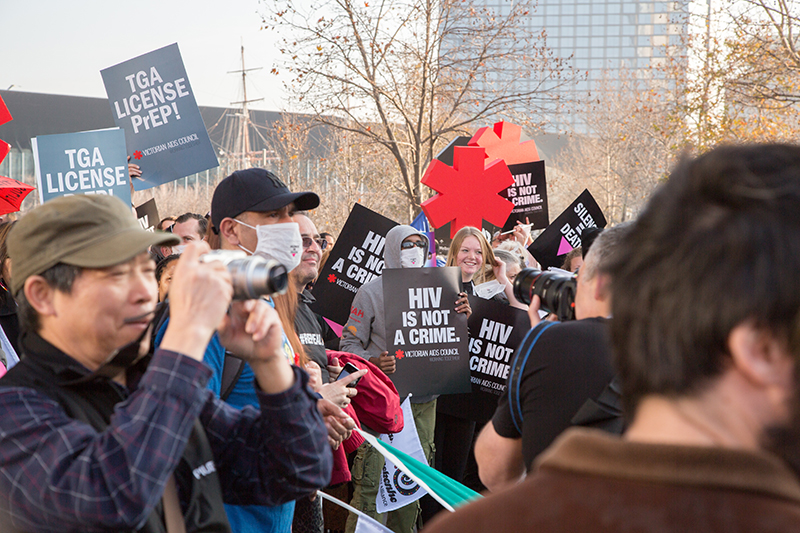
Australia’s HIV organisations are as aware as anyone of the potential for polarisation in the community around PrEP.
Simon Ruth is the chief executive of the Victorian AIDS Council, which organised the AIDS 2014 forum. He argued that while we should be wary of that potential, it was important to understand the Australian context as distinct.
“The USA has a tendency to have quite polarised debates, as we have seen similar debates around drug use. I think Australia will be much more considered and pragmatic about the role PrEP can play in HIV prevention,” Ruth said, and defended the updated WHO guidelines.
“It would be a dangerous precedent for an organisation like WHO to withhold information that might prevent HIV infection because of the opposition of any minority.”
At the core of the response to the WHO was the idea that PrEP means something, though precisely what seemed to vary from person to person. Taking PrEP could be about individual or communal responsibility, sexual liberation or reckless abandon.
One of the speakers at the AIDS 2014 PrEP forum was Peter Aggleton, a professor of education and health at the University of NSW. He argued divisiveness was exactly the thing to avoid.
“As evidence of the efficacy of PrEP becomes clear, the ‘party line’ needs to be broad and generous, recognising that PrEP will be a useful adjunct for some men, in some contexts, some of the time,” Aggleton said.
“We need to avoid divisive orthodoxies whereby men who use PrEP become seen as less worthy — or more or less ‘properly gay’ — than others.”
In so many discussions around PrEP in the gay community, this polarisation conjures up two almost mythical figures: the “good gay” and the “bad gay”, each one representing something different to different people, but sharing the very fact of their division.
No matter where the conversation about PrEP ends up, it seems clear we should be ready to embrace a complex debate with open minds.
**This article first appeared in the September issue of the Star Observer. The October issue will hit the streets this Thursday (September 18) in Melbourne, Sydney, Brisbane, Adelaide and Canberra. Click here to find out where you can grab your free copy.



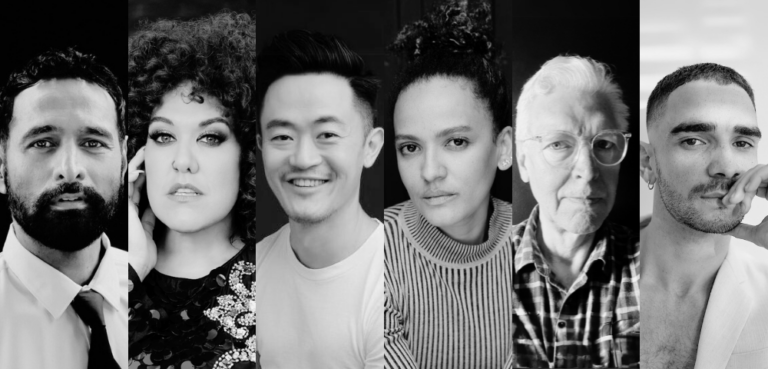

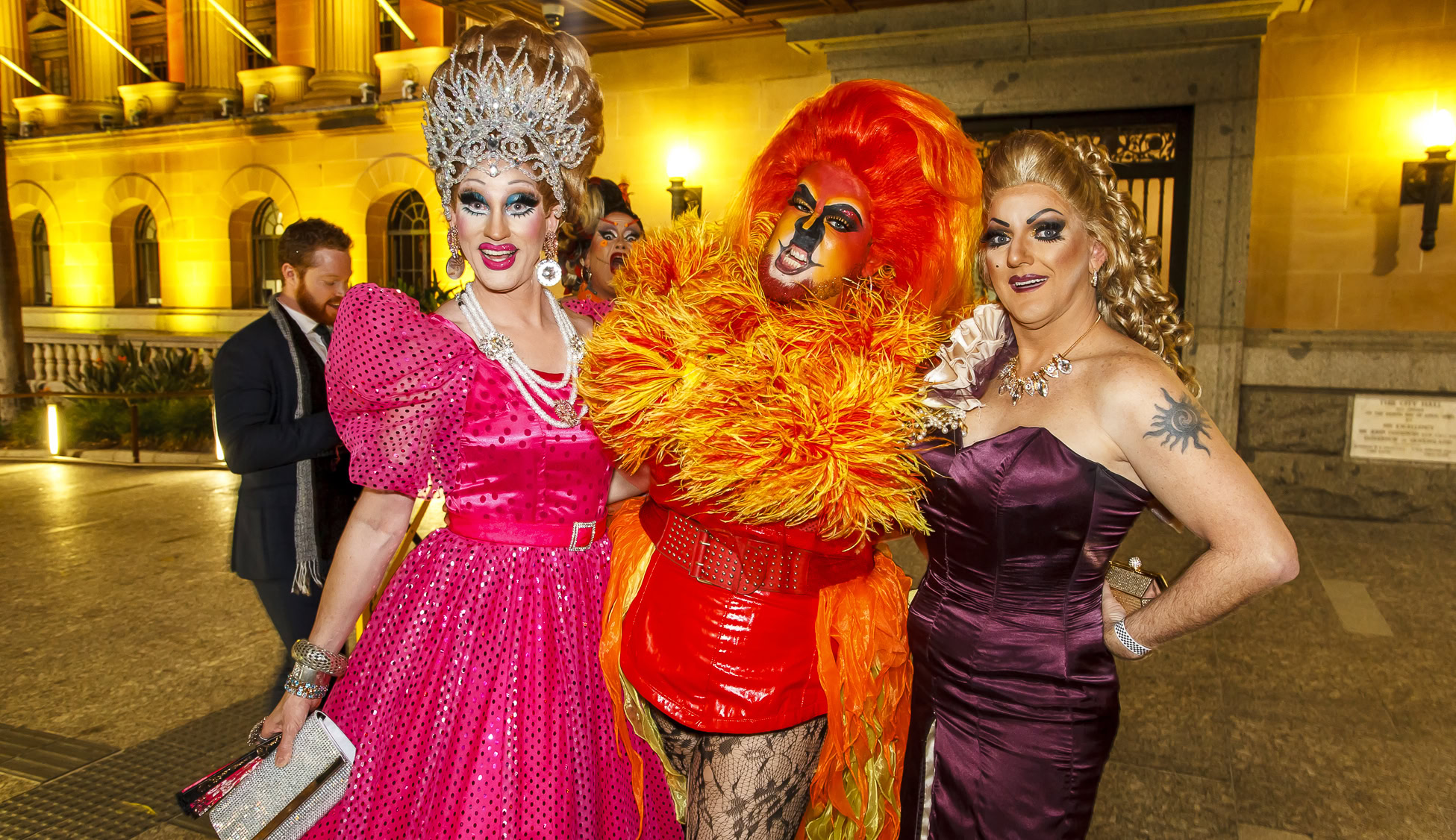
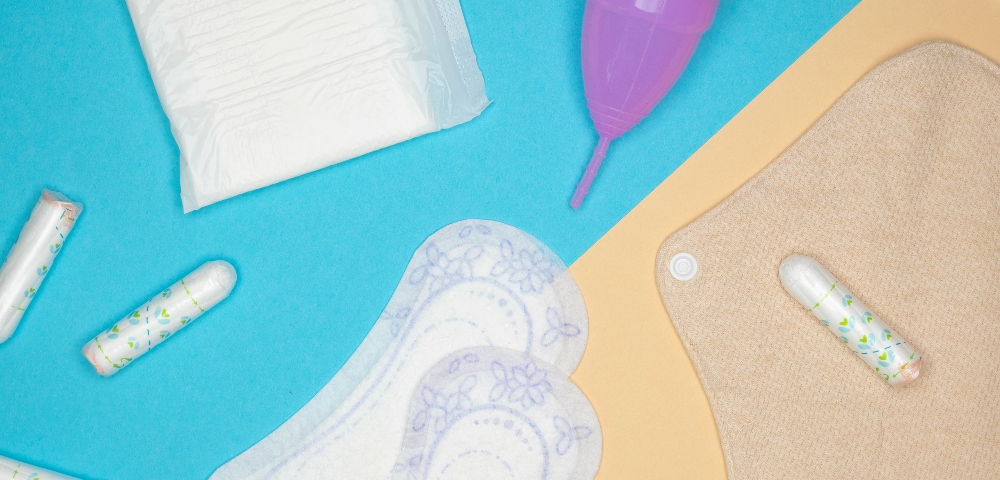
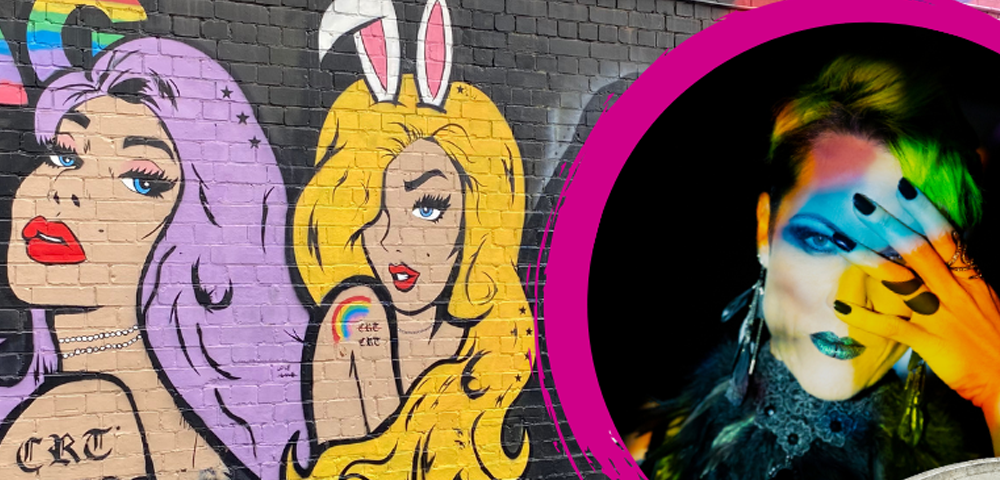
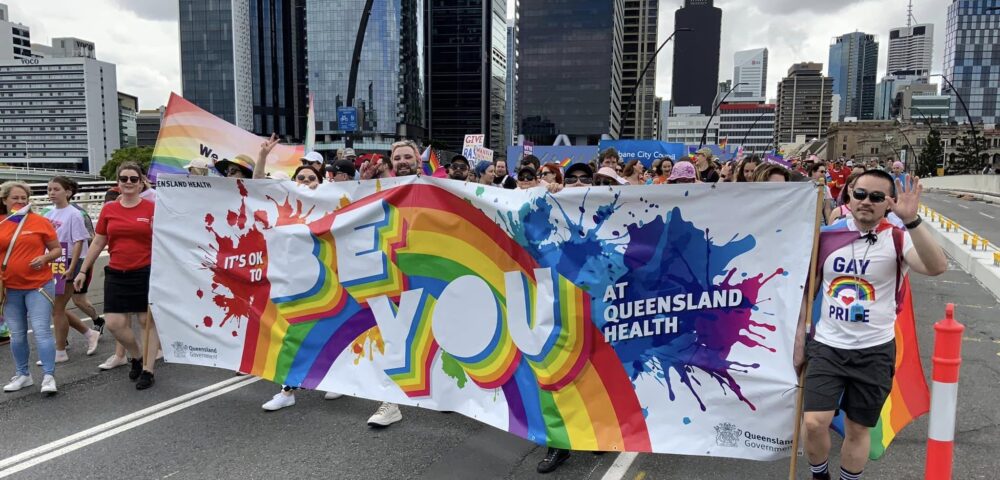

Perhaps, PrEP–for the older generation–makes those who have fought without such preventative medicine against HIV, feel like their plight was all for nought.
That their struggle and sacrifices to educate and prevent another generation from encountering the disease, might be wiped away at the hand of a daily capsule that provides anyone who takes PrEP a level of immunity to HIV.
Gay men being judgemental, harshly critical and scathing of each other? Well, I never! Is it such an intrinsic part of being gay that, just because we experienced low to zero tolerance through most of our early years, we have to become some of the most judgemental, intolerant people on the planet? Whether it be your work/career choices, your clothing, your physique, your choice of vehicle etc., etc., gay men are often nasssssty!
The face of HIV/AIDS is changing faster than we can ever have imagined. And condemning people for their sexual practices is something we, of ALL people, should never be accused or found guilty of. Simple fact.